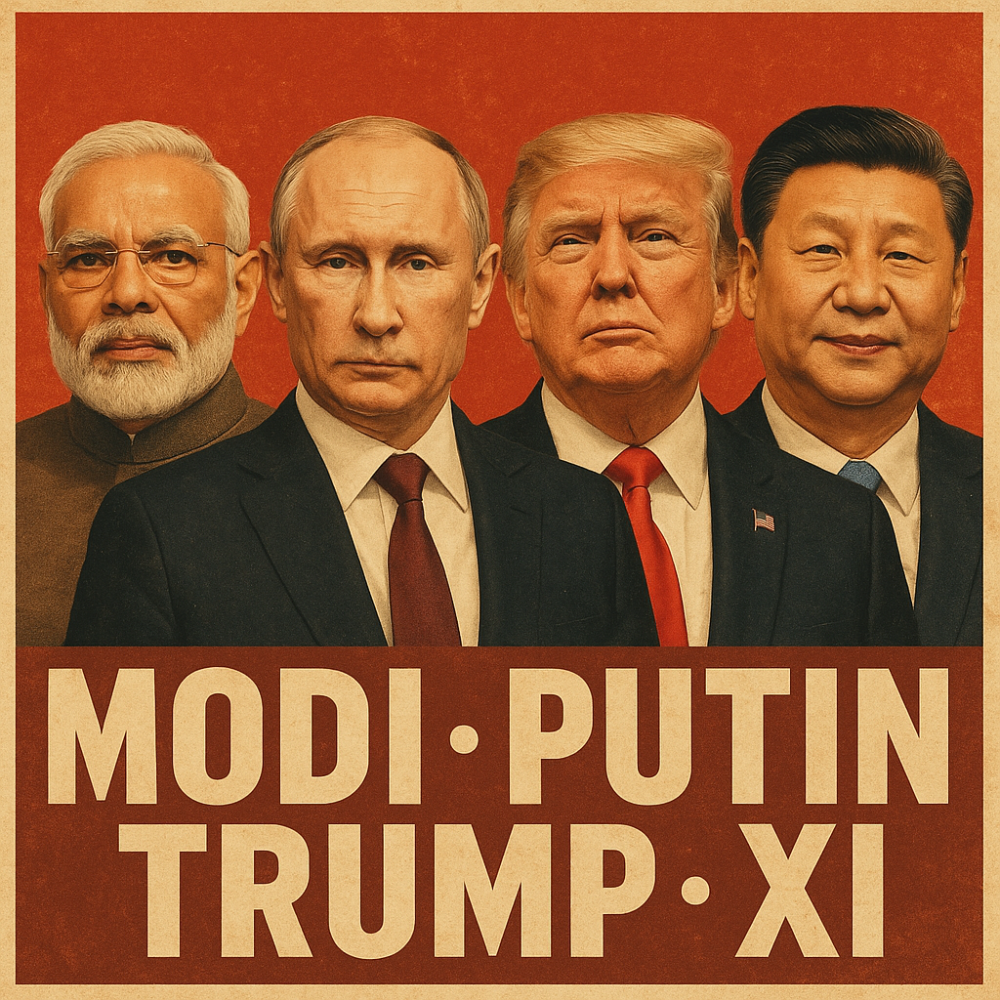
In a striking assessment of the shifting global landscape, leading economist and Columbia University professor Jeffrey Sachs has declared that the age of U.S. global supremacy is over. In an interview with Russia’s TASS news agency, Sachs emphasized that the world has entered a new era of multipolarity, with the United States, China, Russia, and India now all recognized as major powers.
“We are living in a multipolar world,” said Sachs. “Russia is a great power. The United States is a great power. China is a great power. India is a great power. The era of American dominance has ended—even if Washington has not yet accepted that reality.”
Sachs warned that the U.S. administration remains in denial, clinging to the notion that it continues to control the global narrative. He called this belief “a dangerous delusion” and urged American policymakers to adapt to the changing dynamics of international power-sharing.
In parallel with these remarks, Russia has taken tangible steps to revive strategic cooperation with India and China. At an international security conference on Eurasia, Russian Foreign Minister Sergey Lavrov expressed Moscow’s desire to resume operations under the long-standing Russia-India-China (RIC) framework—a trilateral dialogue mechanism first proposed by Russian statesman Yevgeny Primakov.
“We reaffirm our genuine interest in reactivating the RIC format, which has held over 20 ministerial-level meetings across foreign policy, economic, trade, and financial sectors,” Lavrov said during his address.
While relations between India and China remain tense due to ongoing border disputes and geopolitical friction, Moscow is eager to bring both nations to the table to shape a more balanced and inclusive world order, independent of Western dominance.
For India, this transition into a recognized global power comes with complex strategic responsibilities. Faced with mounting regional threats—especially from a more assertive China—India is strengthening its security ties with the United States, Japan, and key European partners. At the same time, it continues to rely on Russia for critical defense technology and energy resources.
India’s growing geopolitical weight is increasingly vital to Western efforts to contain China’s expansionism. Yet India is unlikely to take sides in any new Cold War. Instead, New Delhi appears poised to pursue a pragmatic path of multi-alignment—collaborating with the U.S. and Europe when interests align, while maintaining traditional partnerships with Russia and others.
The evolving multipolar system presents both opportunities and challenges. On one hand, the decline of a single global hegemon may foster greater regional cooperation and a more equitable global governance structure. On the other, it raises the risk of strategic miscalculations among competing powers.
India's emergence as a major pillar in this new framework places it at the heart of critical global decisions—on trade, security, climate, and diplomacy. Its balancing act between East and West will likely define the character of 21st-century international relations.
As Professor Sachs pointed out, the sooner world leaders recognize this new reality, the more likely it is that peace and stability can be preserved in an increasingly complex geopolitical environment.